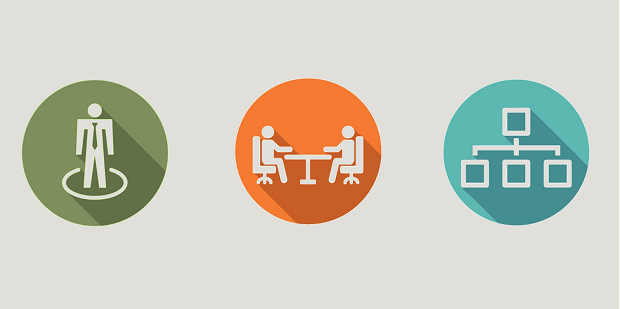
I was in a planning meeting the other week and a colleague shared an anecdote on how he teaches the difference between cultural competency in relation to ourselves, others and systems. I not only think the distinction is important for the work we do, but it was provocative in its simplicity, so I wanted to share it.
In explaining to folks how to think about the various “levels” of cultural competency—from more micro to macro perspectives—my colleague described the difference this way: the work on ourselves is what we can control, our relationships with others is what we can influence, and our work on systems is what makes up our concerns. Of course, there are important exceptions to these descriptions (e.g. depending on your level in your organization, you may have lots of control, more than concern, over the nature of your systems—like hiring practices), but the distinctions are useful as a starting place, and not exhaustive. Thinking about the distinctions in this way is also helpful for times of feeling overwhelmed by seemingly impossible systemic issues, as well as being absorbed with cultural self-awareness disconnected from the bigger picture.
As a sociologist, my training largely focused on systemic issues like global capitalism, racism, sexism, classism, and just about any other “ism” you can think of. So my mind is naturally drawn to “big picture” thinking on the ways culture shapes our views of ourselves and others. And a subsequent result is I, too, can feel myself being overwhelmed at times by widespread, systemic problems that I feel I have very little control over. It is in these times that I remind myself that I have control over my perceptions, biases, and knowledge as well as degrees of influence on the people in my life—and vice versa. The practical application of thinking about spheres of impact in this way is also useful for people who see the world through a very polarized lens and their preference is to ignore, or minimize, differences as a way to “keep the peace,” as opposed to embracing and understanding them. For them, the examples of large-scale social division they see in the world shapes their perceptions on what they can do in their own life and with others to live more inclusively.
Of course, our concerns about more systemic issues are always tied to the way we think about our own cultural identity and our relations with others, and should therefore be embraced with just as much energy. But we can’t confuse concern for control, or influence—doing so will likely leave us either disillusioned with apathy or overwhelmed by our lack of options. This is why it is a healthy reminder to keep in perspective the things in life we can control, those we have influence over, and those that concern us—they are related, but those differences matter. Both for our own understanding as well as the actions we take (or don’t).


















